Brussels Calling
Glenn Micallef claimed a few weeks ago (20 March) at the project's first high-level stakeholder meeting that "by protecting individual artists and supporting creative ecosystems, Europe can safeguard its cultural capital and competitive attractiveness". The event was considered a success, bringing together over 50 cultural stakeholders.
MEPs and the Commission debated the forthcoming European Cultural Compass at the European Parliament's plenary session in Strasbourg on Monday (31 March) to shape the future of EU cultural policy. The European Union is a global cultural powerhouse," said Micallef in his opening remarks, underlining that the European Cultural Compass is based on three main conditions:
1) Artistic Freedom for all — core value of the initiative
2) No art or culture without people — artists should be paid properly to create
3) Technology, and especially AI, should empower culture and its fair remuneration.
On behalf of the EPP group, MEP Bogdan Zdrojewski said that for the Cultural Compass to work out well and to unlock the potential sector, certain conditions should be fulfilled:
Boost Erasmus & Creative Europe
Support educational programs for artists and creators
Identify threats and opportunities regarding AI
Promote Artists’ Mobility.
MEP Hannes Heide from Socialists & Democrats (S&D) began his speech by claiming that European Democracy is under threat; hence, European culture could help us fight “Against European authoritarian tendencies”. He added that “the European Cultural Compass is an optimal instrument that could help so that artists could have fair working conditions”.
Ivaylo Valchev (ECR) MEP took the floor right after, saying that the new European Cultural Compass is a “chance for a strong, connected and innovative cultural sector within the EU”. Later on, he suggested that “Culture is a national competence and cannot be dictated to from Brussels”.
Laurence Farreng (Renew) MEP underlined that “our cultural compass is our sovereignty, as our European model is coming under increasing attack from the US menace”. The French MEP then went on saying that “the European citizens need to be presented with a vision that will promote multilingualism and will bring all sorts of cultural activity closer to citizens.”
CULT Committee’s chair Nela Riehl (Greens/EFA) thanked the commissioner and told him that “we are on the right track”. She then focused on specific suggestions, claiming that the cultural sector needs:
-security in terms of freedom of expression, access, and representation
- at least 2% of the next MFF to be allocated to Culture
-culture strategy with the EU being a global cultural actor
Lastly, Nikos Pappas from The Left warned, “Culture is Europe’s soul, but unfortunately, its values, freedom, and plurality are coming under threat.” MEP Pappas concluded by underlining that the European Compass of Culture cannot be just a tool for competitiveness but also an instrument to promote freedom and autonomy.
One can safely deduce both from the statements and the debate that Commissioner Micallef and the majority of the MEPs are worried about artistic freedom, the allocated EU budget dedicated to culture, and technological advances and their implications regarding artists and creators. The EU faces multiple crises, geopolitical tensions and wars at its door. At the same time, Member States face economic problems, health issues, social exclusion, threats towards democracy and, of course, climate change. With all that in mind, is this the starting point through which the Union will provide the culture sector with the instruments that they need to be able to create in an improved manner? By the end of 2025, the European Cultural Compass shall be presented by the European Commission, and we will probably have our definitive answer.
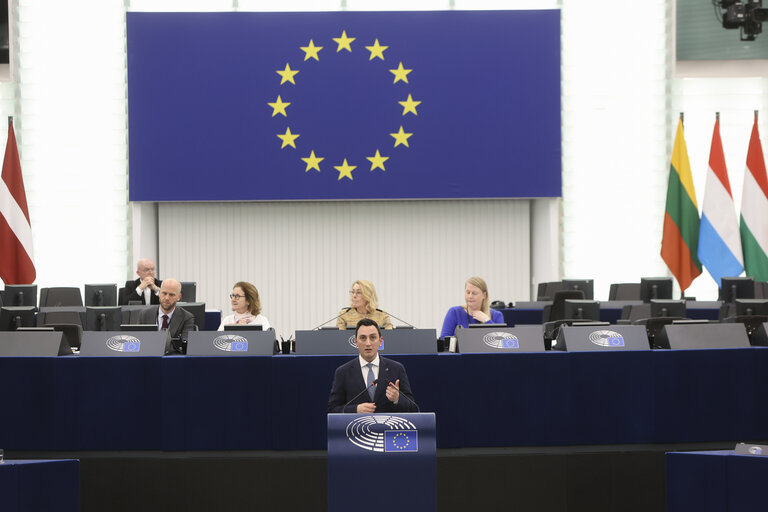
What is the Cultural Compass
The European Cultural Compass is a strategic initiative aimed at giving European cultural policy a redefined direction. In 2023, almost 8 million people worked in the cultural and creative sectors in Europe, accounting for 3.8% of total employment in the EU, while over 2 million cultural enterprises generated almost €200 billion in revenue – 2% of the entire EU economy. However, cultural and creative sectors are facing various challenges lately, either from technology such as artificial intelligence or from the new Multiannual Financial Framework, which could “trim” its budget towards the EU’s cultural iconic programmes such as Erasmus+ and Creative Europe. Commissioner for Intergenerational Fairness, Youth, Culture and Sport, Glenn Micallef, has set its main goals as “defining core cultural principles, unlocking creative potential, and addressing contemporary challenges.”
Several CULT Committee MEPs provided Creatives Unite with exclusive quotes and statements, focusing on concerns and suggestions regarding the Cultural Compass:
Bogdan Zdrojewski : "Looking at European institutions and new initiatives like the European Compass for support is partly due to a certain helplessness as well as hope for the future."
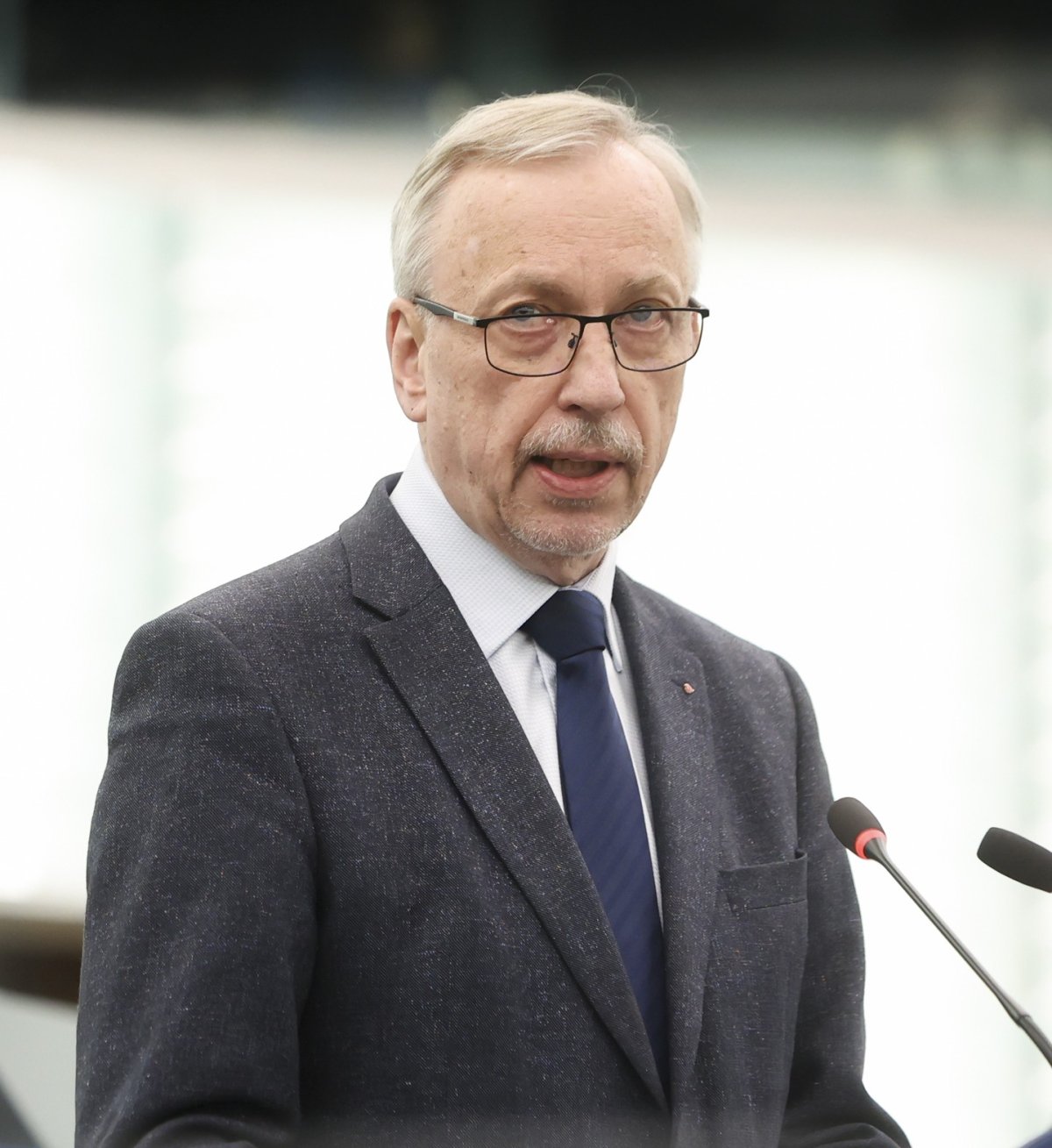
CULT Committee Vice-Chair (Group of the European People's Party) Bogdan Zdrojewski appeared cautious but positive:
“Today, the image of the world of culture is very blurred. National policies are rarely coherent with each other. Short-term approaches dominate. Creators' fears of artificial intelligence are growing”, Zdrojewski said. “Looking at European institutions and new initiatives like the European Compass for support is partly due to a certain helplessness as well as hope for the future [...] The key is to strengthen programmes such as Erasmus+ or Creative Europe financially but also to reduce bureaucratic burdens and allow new, experimental programmes addressed to the most talented”, he added, concluding that the “EU needs leaders who are well-educated and simply creative. We can neither afford to waste talents nor underestimate creative industries.”
Ivalyo Valchev: "Let us create the conditions for growth, international connections and cultural diversity, without sacrificing freedom of expression.”
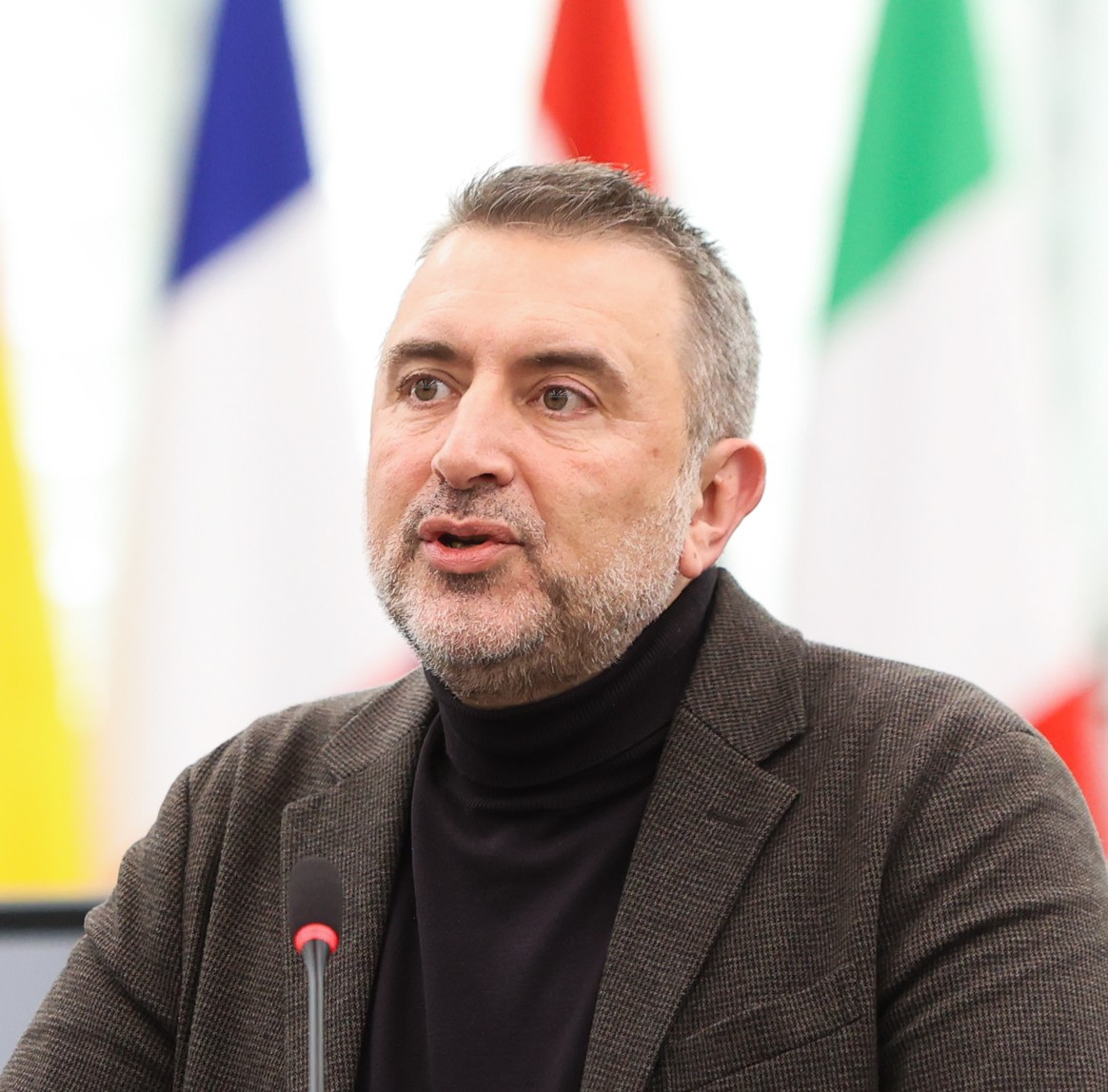 European Conservatives and Reformists’ (ECR) MEP Ivalyo Valchev focused more on how the funds are allocated and who would be the target, essentially. He claimed that “I, as an artist myself, advocate for complete artistic freedom without interference by institutions, NGOs or any other organisation. Instead, the governments and aforementioned organisations can support, facilitate and exchange good practices!” Valchev then went on: “Technology and artificial intelligence can improve efficiency, but creativity belongs to people. Let us create the conditions for growth, international connections and cultural diversity, without sacrificing freedom of expression.”
European Conservatives and Reformists’ (ECR) MEP Ivalyo Valchev focused more on how the funds are allocated and who would be the target, essentially. He claimed that “I, as an artist myself, advocate for complete artistic freedom without interference by institutions, NGOs or any other organisation. Instead, the governments and aforementioned organisations can support, facilitate and exchange good practices!” Valchev then went on: “Technology and artificial intelligence can improve efficiency, but creativity belongs to people. Let us create the conditions for growth, international connections and cultural diversity, without sacrificing freedom of expression.”
Laurence Farreng: “We advocate a cultural ambition that is a genuine European Cultural New Deal.”
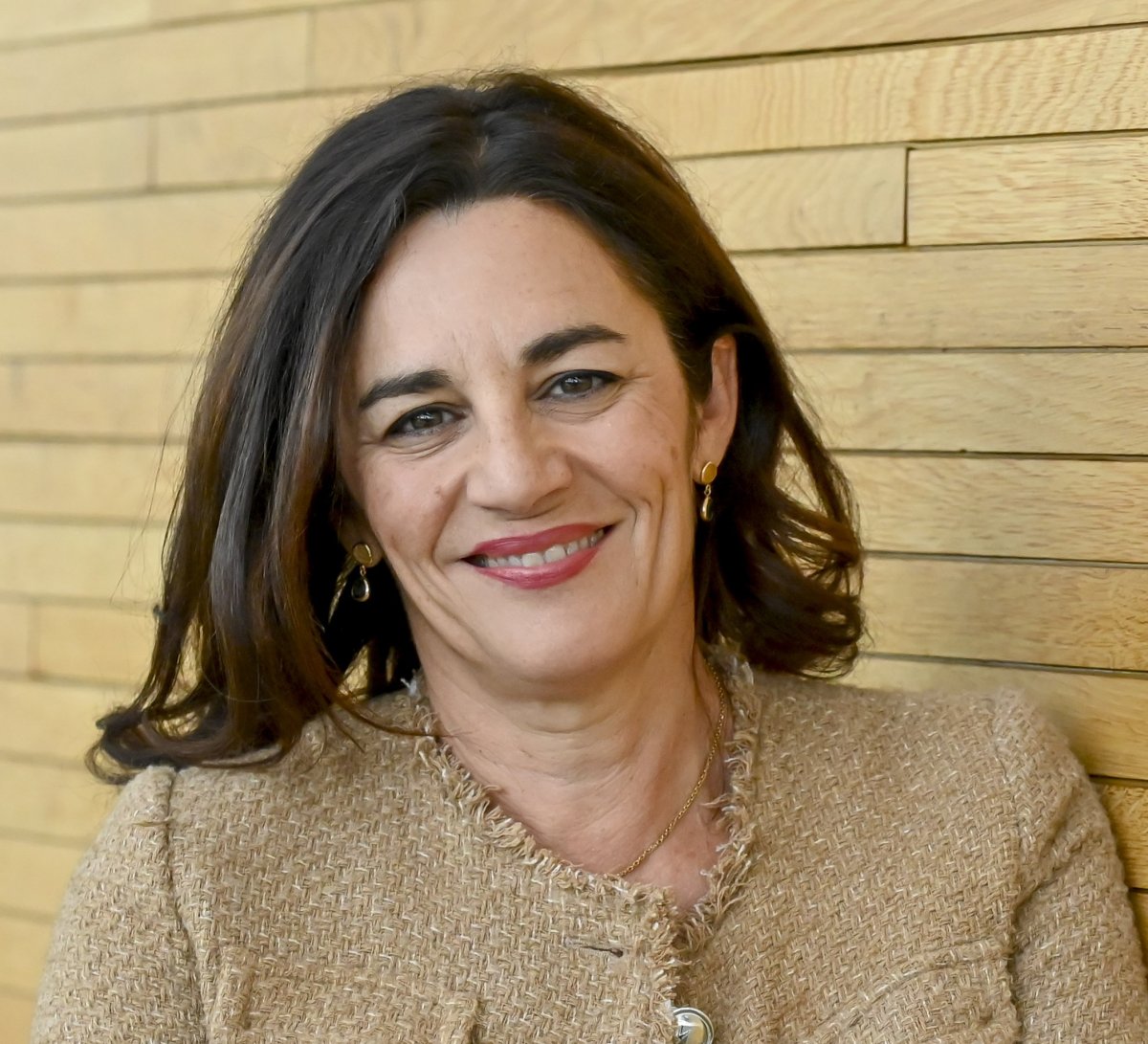 CULT Committee Coordinator Laurence Farreng (Renew) supports the announced strategy, stating that: “We advocate a cultural ambition that is a genuine European Cultural New Deal.” Farreng added that “Because the Creative Europe program is too limited and is at risk, we are heavily involved in the Cultural Compass currently being worked on by the European Commission and Commissioner Glenn Micallef.”
CULT Committee Coordinator Laurence Farreng (Renew) supports the announced strategy, stating that: “We advocate a cultural ambition that is a genuine European Cultural New Deal.” Farreng added that “Because the Creative Europe program is too limited and is at risk, we are heavily involved in the Cultural Compass currently being worked on by the European Commission and Commissioner Glenn Micallef.”
Nikos Pappas: “‘Let us not only see the European Cultural Compass as a mean of economic competitiveness, but mainly as the foundation of democracy and creativity.”
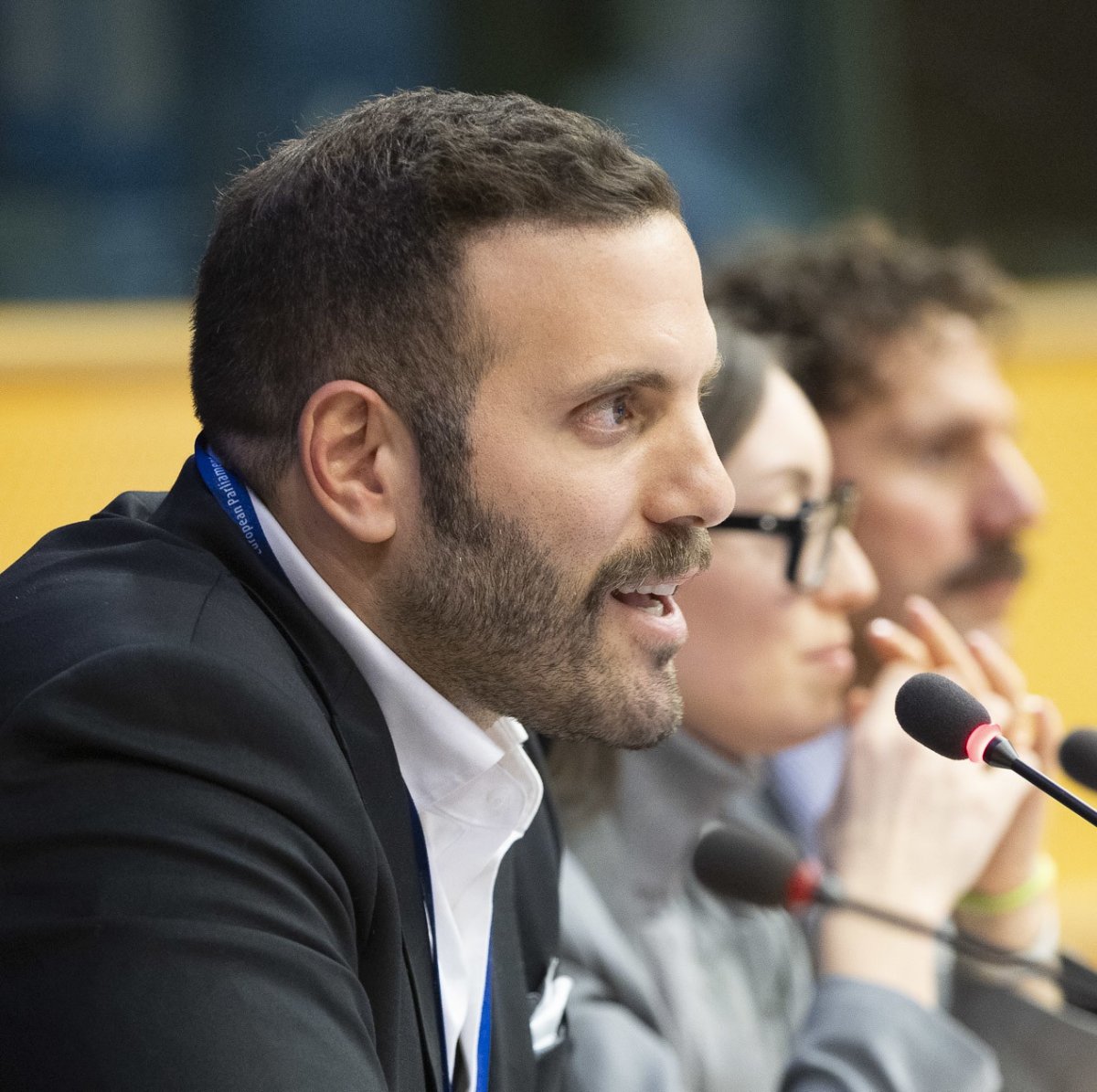 CULT Committee Coordinator Nikos Pappas (The Left) emphasised the threats that the cultural freedom of expression is facing nowadays. “We must ensure that our cultural heritage is protected from censorship and political pressure and that artists enjoy the freedom and job security to create without fear”, Pappas claimed. “The debate at the EP on the European Cultural Compass highlighted the importance of culture, not only as a means of economic competitiveness but mainly as the foundation of democracy and creativity,” Pappas added.
CULT Committee Coordinator Nikos Pappas (The Left) emphasised the threats that the cultural freedom of expression is facing nowadays. “We must ensure that our cultural heritage is protected from censorship and political pressure and that artists enjoy the freedom and job security to create without fear”, Pappas claimed. “The debate at the EP on the European Cultural Compass highlighted the importance of culture, not only as a means of economic competitiveness but mainly as the foundation of democracy and creativity,” Pappas added.








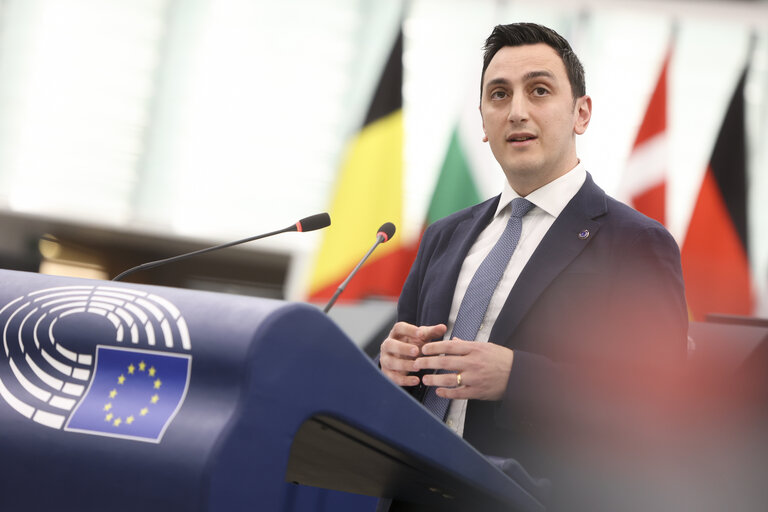

 CULT Committee Vice-Chair (Group of the European People's Party) Bogdan Zdrojewski appeared cautious but positive:
CULT Committee Vice-Chair (Group of the European People's Party) Bogdan Zdrojewski appeared cautious but positive: European Conservatives and Reformists’ (ECR) MEP Ivalyo Valchev focused more on how the funds are allocated and who would be the target, essentially. He claimed that “I, as an artist myself, advocate for complete artistic freedom without interference by institutions, NGOs or any other organisation. Instead, the governments and aforementioned organisations can support, facilitate and exchange good practices!” Valchev then went on: “Technology and artificial intelligence can improve efficiency, but creativity belongs to people. Let us create the conditions for growth, international connections and cultural diversity, without sacrificing freedom of expression.”
European Conservatives and Reformists’ (ECR) MEP Ivalyo Valchev focused more on how the funds are allocated and who would be the target, essentially. He claimed that “I, as an artist myself, advocate for complete artistic freedom without interference by institutions, NGOs or any other organisation. Instead, the governments and aforementioned organisations can support, facilitate and exchange good practices!” Valchev then went on: “Technology and artificial intelligence can improve efficiency, but creativity belongs to people. Let us create the conditions for growth, international connections and cultural diversity, without sacrificing freedom of expression.”
 CULT Committee Coordinator Nikos Pappas (The Left) emphasised the threats that the cultural freedom of expression is facing nowadays. “We must ensure that our cultural heritage is protected from censorship and political pressure and that artists enjoy the freedom and job security to create without fear”, Pappas claimed. “The debate at the EP on the European Cultural Compass highlighted the importance of culture, not only as a means of economic competitiveness but mainly as the foundation of democracy and creativity,” Pappas added.
CULT Committee Coordinator Nikos Pappas (The Left) emphasised the threats that the cultural freedom of expression is facing nowadays. “We must ensure that our cultural heritage is protected from censorship and political pressure and that artists enjoy the freedom and job security to create without fear”, Pappas claimed. “The debate at the EP on the European Cultural Compass highlighted the importance of culture, not only as a means of economic competitiveness but mainly as the foundation of democracy and creativity,” Pappas added.